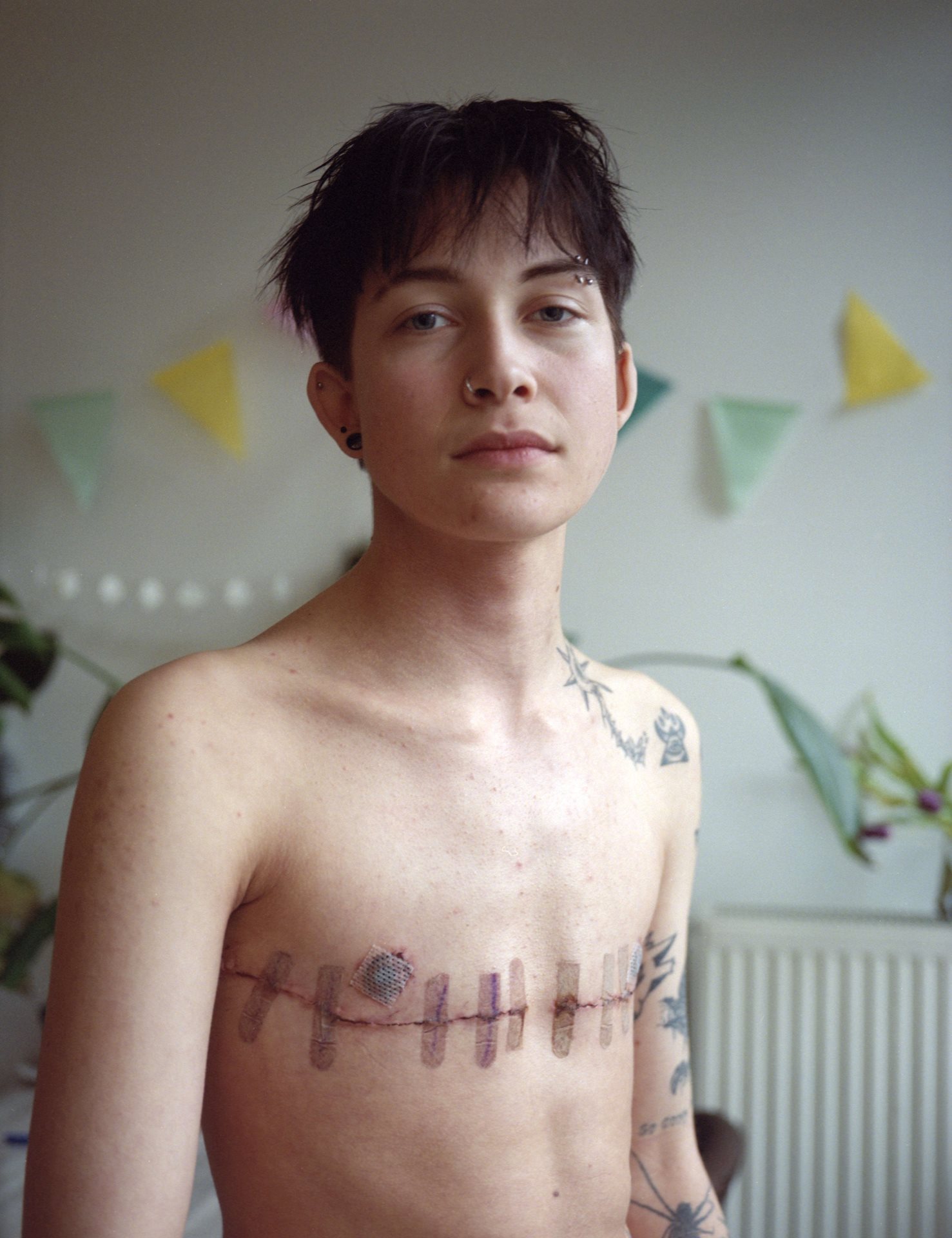Mika (21) has been waiting for 22 months for a first consultation at a gender clinic, in Rotterdam, the Netherlands. Meanwhile, he has personally covered the costs of top surgery and hormone treatment. Mika finally had his first consultation in May 2024.
Gender affirming care (supporting a person in being able to live as the gender they identify with), including psychological, medical, and surgical aspects, is key to the quality of life of trans and gender diverse individuals. Yet prolonged waits for first appointments for gender affirmation are a reality both in the Netherlands and globally.
Waits are often due to systemic factors, such as increasing demand, limited resources, and complexity of care, but can also be due to discrimination or lack of awareness. A study on waiting times in the Netherlands, published in the medical journal The Lancet, showed that 71% of trans and gender diverse individuals had stigmatizing healthcare experiences. These included lack of sufficient knowledge among healthcare staff, and unwelcoming or discriminating environments.
The toll on trans and gender diverse people’s wellbeing can be profound, causing frustration, isolation, and despair. Studies have shown that trans and gender diverse people are more likely to have mental health issues, such as anxiety, internalized stigma, and depression. Excessive waiting times for consultations, together with lengthy psychological assessments, means that people are at higher risk from the hazards of self-medicating with hormones, or have to bear the burden of seeking and paying for private care and surgery. In addition, trans people are more at risk of being victims of hate crimes during transition.
Are you a photographer and/or passionate about press freedom? Sign up for our newsletter to stay updated on our annual contest and to hear about exhibitions near you.

